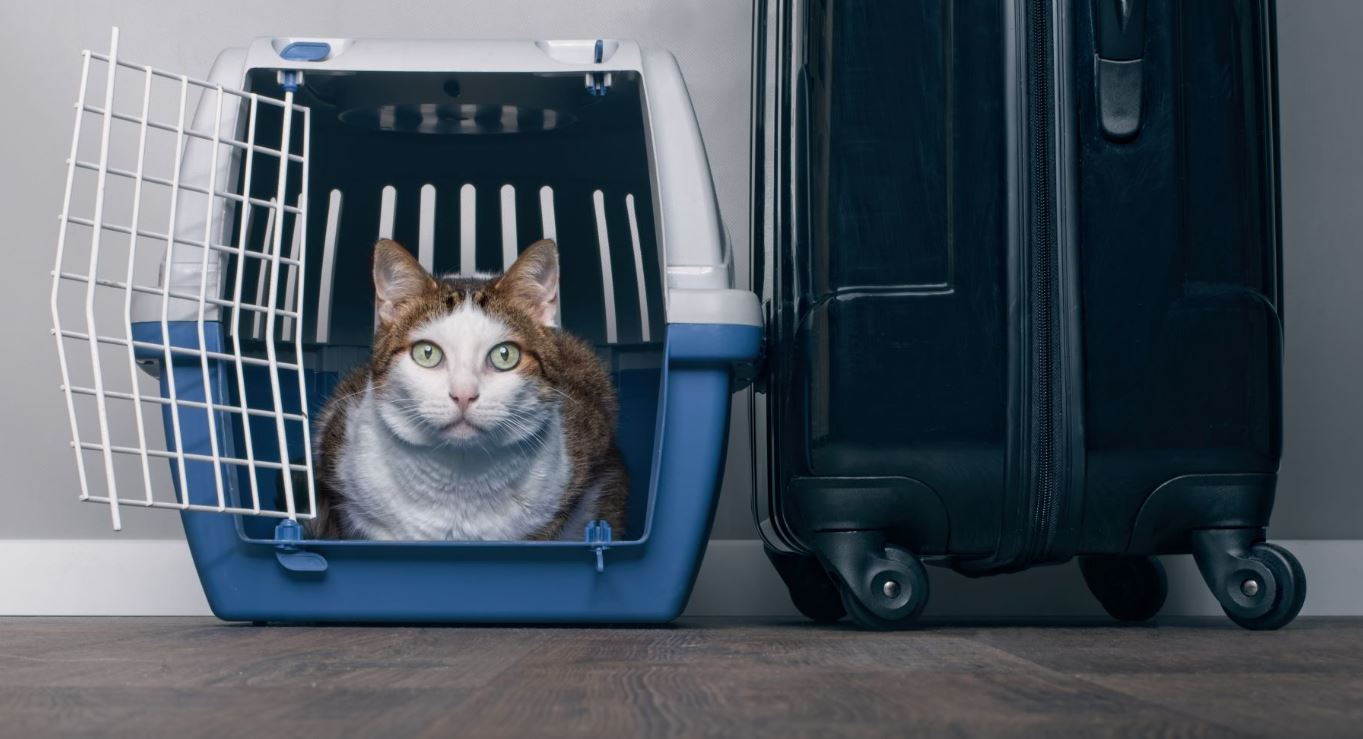Animal protection organisation Humane Society International has collaborated with the International Air Transport Association to publish a list of considerations for governments and the air transport supply chain to facilitate the safe passage of pet cats and dogs in times of crisis who are evacuating or taking refuge with their owners.
The considerations are based on the IATA Live Animals Regulations publication which is the global standard for transporting animals by air in a safe and humane manner.
Considerations include:
- Introducing flexibility in documentation requirements —governments relaxing veterinary travel paperwork requirements for dogs, cats and other companion animals.
- Assessing ground storage facilities —airport communities identifying additional storage facilities that are compliant with the requirement for the safety of live animals.
- Providing additional information —stakeholders evaluating communications materials to provide clear and consistent information to pet owners across all customer service channels including call centers, email, chat and social media channels.
- Collaborating with pet shipping companies and crate manufacturers —airport communities seeking the help of these entities to make available additional live animal transport containers (cabin and hold) at major departure points.
Katherine Polak, vice president of companion animals and engagement at Humane Society International and member of the IATA Companion Animal Temporary Task Force, said: “In times of crisis, the importance of keeping pets and people together can’t be understated. The special bond we have with our much-loved animal companions is highly important, and during conflicts and crises they provide comfort and a sense of stability for those who have been through so much. HSI’s pet relief aid work with Ukrainian refugees showed the lengths that people will go to in order to get their animals to safety. So, we are incredibly proud to collaborate with IATA to help ensure refugees are able to take their beloved four-legged family members with them, so that no matter what the conflict or crisis, wherever in the world, pets and their people can stay together.”
Brendan Sullivan, IATA’s global head of cargo said: “Aviation is a critical first responder in crises situations. The humanitarian response to Russia’s invasion of Ukraine was no different. Aviation helped people flee to safety and delivered humanitarian aid, and airlines with operations on the front line of the crisis recognized the importance of helping families stay united with their pets. Airlines on the frontline of the crisis —KLM, LOT Polish Airlines and Bulgaria Air —were leaders among airlines introducing measures to help those taking refuge bring their pets with them. The European Commission also addressed the issue by advising all EU member states to relax veterinary paperwork requirements for the dogs, cats and other companion animals traveling with refugees. Through our work with HSI we have learned from this experience and the industry will be even better prepared for future crises.”



